Victorian Budget 2024: Tax increases, broken election promises and major project delays
Broken election promises, major project delays and tax hikes litter Treasurer Tim Pallas’ 10th budget. See the key projects impacted here.
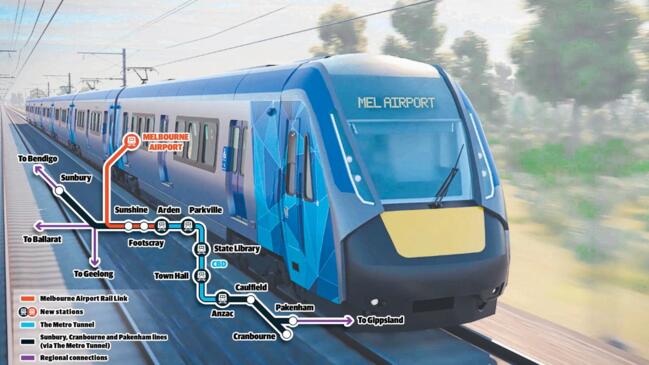
Tax increases, broken election promises and major project delays are key features of Treasurer Tim Pallas’ 10th budget.
A plan to build “the biggest hospital project in Australia’s history” has been sensationally scrapped, a long-awaited rail link for Melbourne Airport has been pushed back and a rollout of further subsidies of four-year-old kinder will be dramatically slowed down.
More public servants will work from home as the government looks to rein in cash by selling city offices and casual workers will no longer be paid when they’re sick.
But there is some relief in sight or school parents while a much-needed boost to domestic violence prevention and support is set to address the state’s family violence crisis.
Arden Hospital
A flagship multi-billion dollar election promise – to build a “world-class” medical precinct in a new Melbourne suburb – has been scrapped by the state government after it was derailed by their very own Metro Tunnel.
The government announced the “biggest hospital project in Australia’s history” in the lead-up to the 2022 state election, promising an initial $2-2.5 billion to begin building Royal Melbourne and Royal Women’s Hospital campuses in the new suburb of Arden, plus a redevelopment of both hospitals’ existing sites.
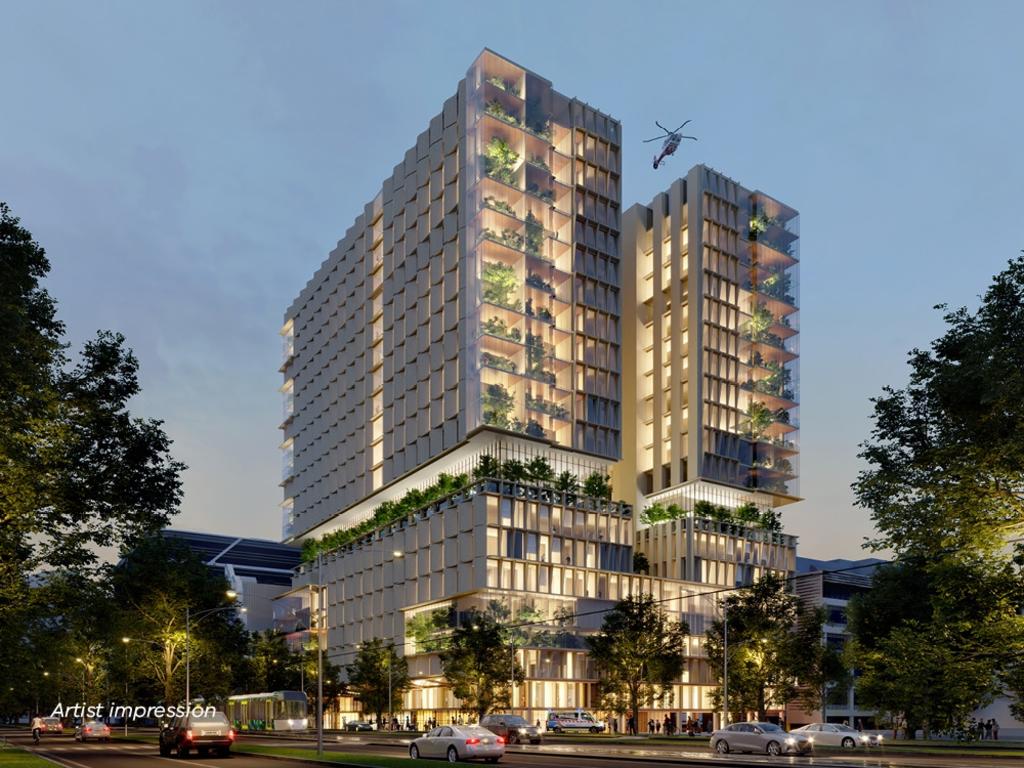
But in a shocking backflip, the government has abandoned the Arden plan after finding the electromagnetic interference from the Metro Tunnel would impact the proposed hospital’s “sensitive medical instruments” and be too expensive to fix.
They have shifted the entire upgrade to RMH and RWH’s existing Parkville sites – both hospitals welcomed the news – and have earmarked the Arden site for housing.
Mr Pallas defended the move as financially sound, better for patient care, and said – when asked if the Parkville site would have the same capacity as the Arden plan – that was their “expectation” but fell short of a guarantee.
“We don’t believe that there will necessarily be a reduction in the remit of the hospital,” he said.
Mr Pallas denied the project was a broken promise, and said their pledge was more about “what” they were building than “where”.
“I’m not always perfect,” he said.
“The commitment we gave people was … that we will focus on improving care and the government will deliver on that.
“We all have the benefit of hindsight.
“The proximity to the station and the rail line we’re building really just made it impractical.”
The move to scrap Arden raised questions as to why the government announced such a project before testing could determine any risks.
Jacinta Allan said the issue of electromagnetic interference had always been considered.
“EMI was always understood to be something that had to be managed,” she said.
“The difference with Arden and Parkville is that we were building a train line under existing hospitals.”
Pre-Prep
Workforce shortages and budget pressures have hit flagship promises to deliver funded 30 hours of pre-prep kinder, 50 government-owned childcare centres and school upgrades.
A plan to recruit 11,000 new teachers and educators has stalled, slowing down the rollout of the preschool package unveiled with great fanfare by former premier Daniel Andrews in 2022.
It comes as primary teacher vacancies are now 4.5 times higher than in 2019 and early childhood vacancies 3.3 times higher.
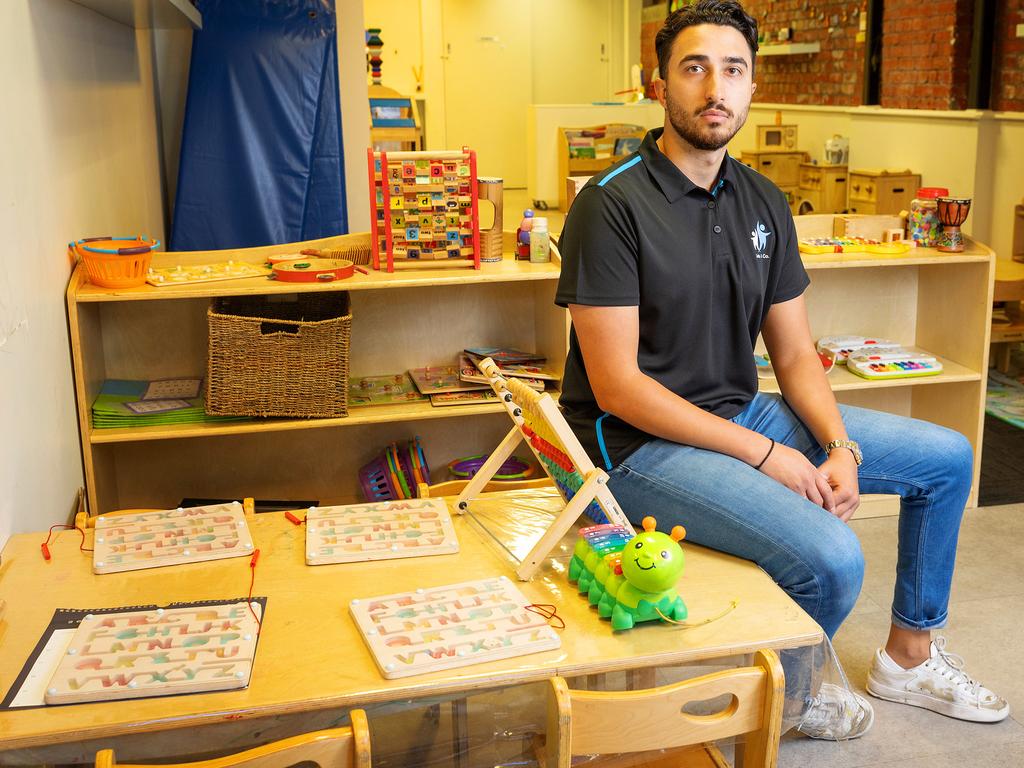
The government is now being forced to spend up to $50,000 to attract new early childhood teachers to hard-to-fill locations.
Around $2.2bn worth of construction linked to the preschool program is now classified as “to be confirmed” despite earlier projections that projects will be completed by mid 2028. In addition, there are revised deadlines for upgrades of 29 schools, with many pushed out to mid 2025 or as late as mid 2027.
Funding of $19m for 11 school upgrades has also been retendered due to insolvencies in the construction sector.
Mr Pallas said the delays in the preschool programs were due to “sustained low employment continuing to impact our workforce capacity”.
The pre-prep program, described as a new year of schooling for four-year-olds, will still start in 2025 but will not be fully implemented until 2036.
Tari Klisaris, director of Docklands childcare centre Kids & Co, said the delays would affect his business.
“We were counting on this to help fill our centre,” he said.
Community hospitals
The future of another election promise was also unclear, with several of the community hospitals – announced in 2018 – “under review”.
The budget revealed plans for new healthcare buildings in Eltham, Emerald Hill and Torquay were “under review”.
“Further service planning will be undertaken … to determine the optimal care models to best meet priority services in these communities, taking into account the significant recent health investments in Primary Priority Care Centres, and major investments to increase capacity at nearby health services,” budget papers said.
The government said work on the seven other hospitals was “progressing”, with Craigieburn, Cranbourne, Phillip Island and Sunbury Community Hospitals due to be completed this year, while Whittlesea, Pakenham and Point Cook’s promised sites were slated for 2025 and 2026.
Mental health
Major reforms to Victoria’s mental healthcare system announced in the wake of a devastating royal commission have also been delayed, sparking calls for change from a peak psychiatry body.
The rollout of several Mental Health and Wellbeing Locals – designed to offer free mental health support and services for adults — has been pushed back to an unknown date, with the government revealing they first need an extra 2500 psychiatrists, psychologists and other mental health staff.
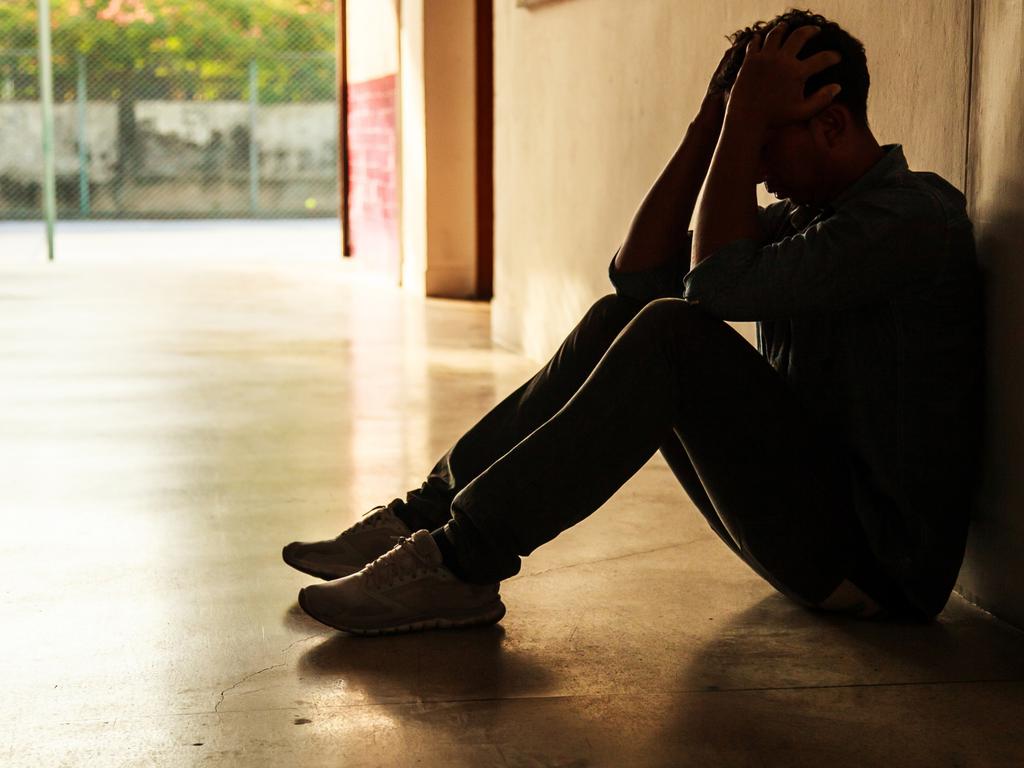
Mr Pallas said a “more gradual approach” would “give us the time to ensure we have the people and skills we need” to staff the locals, allocating $15.8 million to a graduate program to train workers.
But Royal Australian and New Zealand College of Psychiatrists Victorian branch chair Associate Professor Simon Stafrace said the delay was “disappointing” and more action was needed.
“This is a result of the critical and chronic workforce shortages that we know have been undermining the changes we’ve been trying to implement in the mental health system,” he said.
He said while good work had been done, growing the workforce was a “year-on-year obligation” that needed to be prioritised with further funding.
“We’re disappointed it’s not there in the budget,” he said.
“We want to see the services open.”
Casual pay
A controversial $245m plan to introduce sick pay for casual workers has been abandoned in Victoria, with the Allan government announcing it will not be rolled out further.
The pilot, announced during the pandemic by then-premier Daniel Andrews, was supposed to trial sick leave payments of up to five days a year for people in insecure work.
Mr Andrews committed to a multimillion-dollar two-year pilot, under which at least 130,000 employees were signed up.
However, on Tuesday the state government confirmed the scheme would be axed before the results of the trial had been collated.
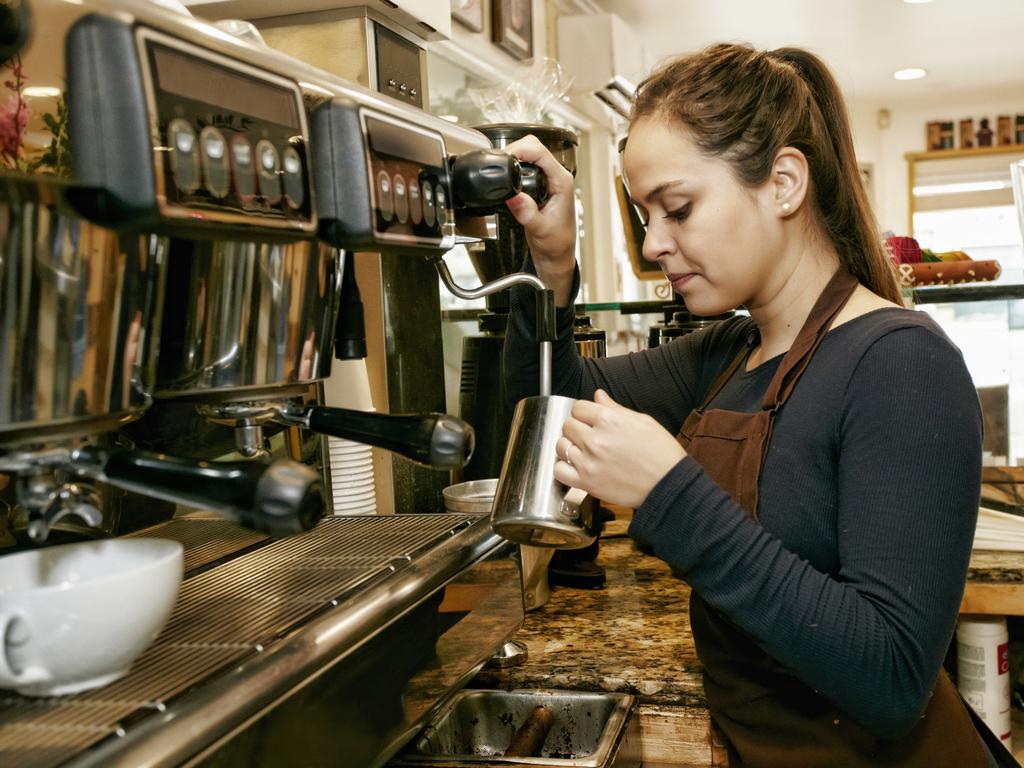
“The Sick Pay Guarantee pilot was designed during the pandemic to support casual workers and protect the Victorian community, while we operated under a federal government which shirked its responsibilities to workers,” a Victorian Government spokesperson said.
“We have supported over 130,000 workers to access sick and carer’s pay since the pilot commenced in March 2022.
“Over one-third of workers report they would have otherwise gone without pay when they were sick.
“Since the pilot began, the Albanese Labor Government has been elected and has passed legislation to improve rights and boost income for all workers, with a particular focus on casuals, independent contractors and workers in the on-demand economy.
“We will now take time to assess the effectiveness of the pilot and will continue to advocate for the Commonwealth government to do more to support casual and contract workers in respect of periods of ill health and managing caring responsibilities.”
The move has been slammed by Secretary of the Victorian Trades Hall Council Luke Hilikari, who told the Herald Sun: “We are pretty disappointed.”
“The scheme was introduced during Covid to allow people to not go to work while they were sick and avoid getting others sick … This was a scheme that allowed us to deal with this issue as a community”.
Australian Industry Group Victorian head Tim Piper said scrapping the scheme was a win for business. “We were doubling up paying casuals more than they needed to be paid,” he said.
Homebuyers
Victorian homebuyers are facing a budget blow after Treasury slated a key affordable housing assistance program for the chopping block.
While the Victorian Homebuyer Fund will get a $700m shot in the arm in the coming financial year, it will be dumped at the end of that time in favour of a federal program that has yet to be approved by parliament.
The VHF works by allowing homebuyers with an at least 5 per cent deposit to have the government co-purchase up to 25 per cent of a residence with them, reducing the size of a deposit and the size of their mortgage.
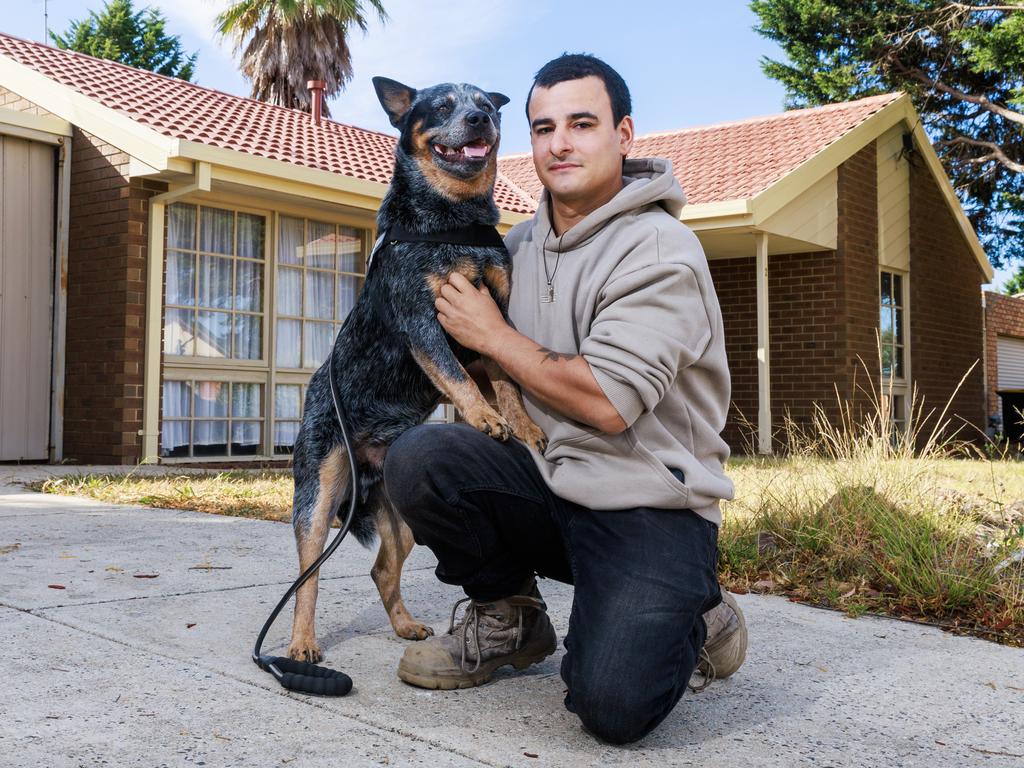
A $700m boost for the coming 12 months will particularly benefit regional homebuyers, with the cap on the program to be increased from $600,000 to $700,000. In Melbourne and Geelong the cap is unchanged at $950,000.
Single parents will also be able to earn up to $208,775 before being excluded from the scheme, up from the current $130,485 single income cap.
But only until next year when the federal government’s Help to Buy scheme is expected to replace the Victorian offering.
Earlier this year Matthew Calleja used the VHF to buy his first home in Craigieburn, something he said he would not have been able to do without it.
Mr Calleja noted the federal scheme’s proposed $90,000 income cap would have meant he could not buy a home.
“People need that same support, they just need anything to give them a hand,” he said.
Office space
Working from home is here to stay for Victoria’s public sector with the state Treasurer announcing government-owned office space will be offloaded.
In a move that’s enraged the Property Council, Tim Pallas revealed excess commercial office spaces would be sold off to help reduce the state’s liabilities.
It’s not yet clear exactly how much real estate will be purged or if it will be limited to just the city.
But Mr Pallas predicts that reducing the public sector’s office accommodation expenditure as part of a tranche of savings initiatives will save $655m by 2027-28.
The policy signals an acceptance from the Allan government to endorse the work-from-home push post Covid.
Property Council Victorian executive director Cath Evans said it was “very negative” for the city and the productivity of business. “This reduction in office space and community will have a negative impact both on the CBD but also the delivery on much needed spaces,” she said.
Tourism
Victoria’s peak tourism body has sounded the alarm on mass cuts to the industry which they say will hurt the state’s chances at competing with NSW and Queensland.
As revealed by the Herald Sun, Visit Victoria, the agency tasked with promoting the state, faces significant funding cuts.
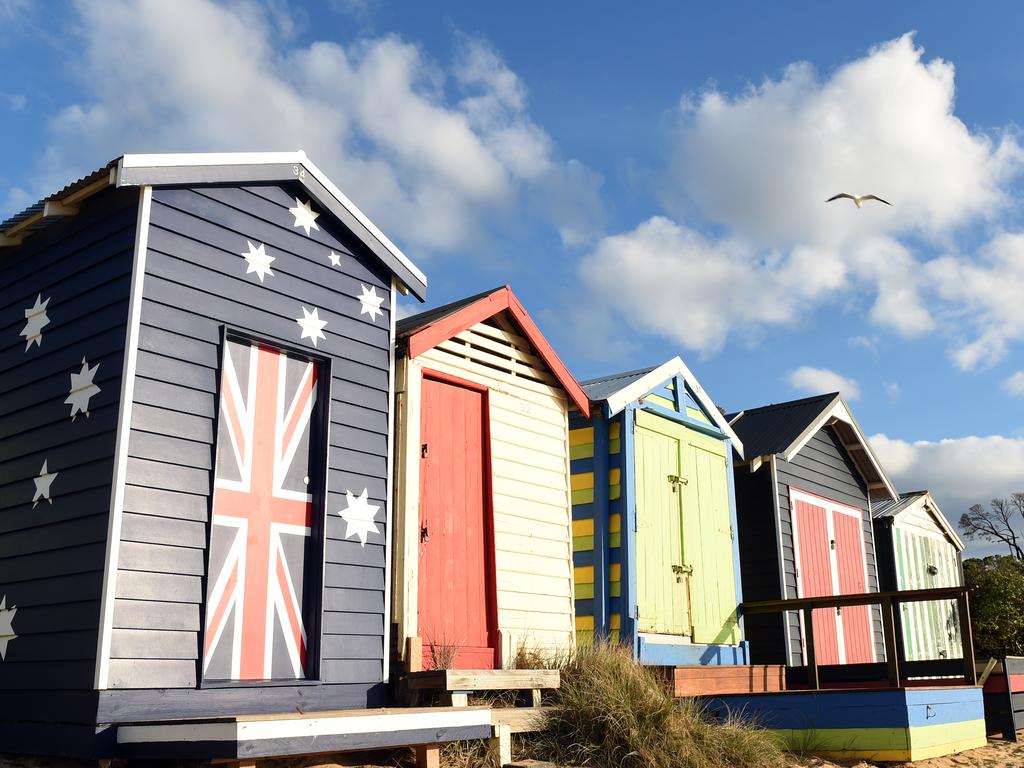
Victorian Tourism Industry Council (VTIC) CEO Felicia Mariani said the budget demonstrated the sector wasn’t a priority of government.
“It’s incredibly hard to come to terms with the slashing of the destination marketing budget for Visit Victoria from $32.5m in one year to $32.5m over four years,” she said.
“This is a significant body blow in an environment where we are trying to overtake Queensland in the number two spot for total tourism spend, a position we forfeited during Covid.
“As an industry we will need to think long and hard about how we … reaffirm our position as an absolute priority.”
Melbourne Airport Rail Link
The long-awaited $10bn Melbourne Airport Rail Link has hit more turbulence with Treasurer Tim Pallas expecting a delay of “at least four years” amid a bitter stoush with airport operators.
The Allan Government has instead staked its credibility on cutting the ribbon on the $14bn Metro Tunnel and the $10.2bn West Gate Tunnel project next year, as it also ramps up works on the contentious $34.5bn Suburban Rail Loop East between Cheltenham and Box Hill.
Cost blowouts are still being felt across the budget, worth about 4 per cent across the multi-billion dollar public infrastructure sector – most of which is due to the eye-watering $10bn overrun at the North East Link being built between the Eastern Freeway and the M80 in Greensborough.
The Treasurer said rising prices of materials, labour and transportation have spiked 22 per cent since 2021, battering project budgets.
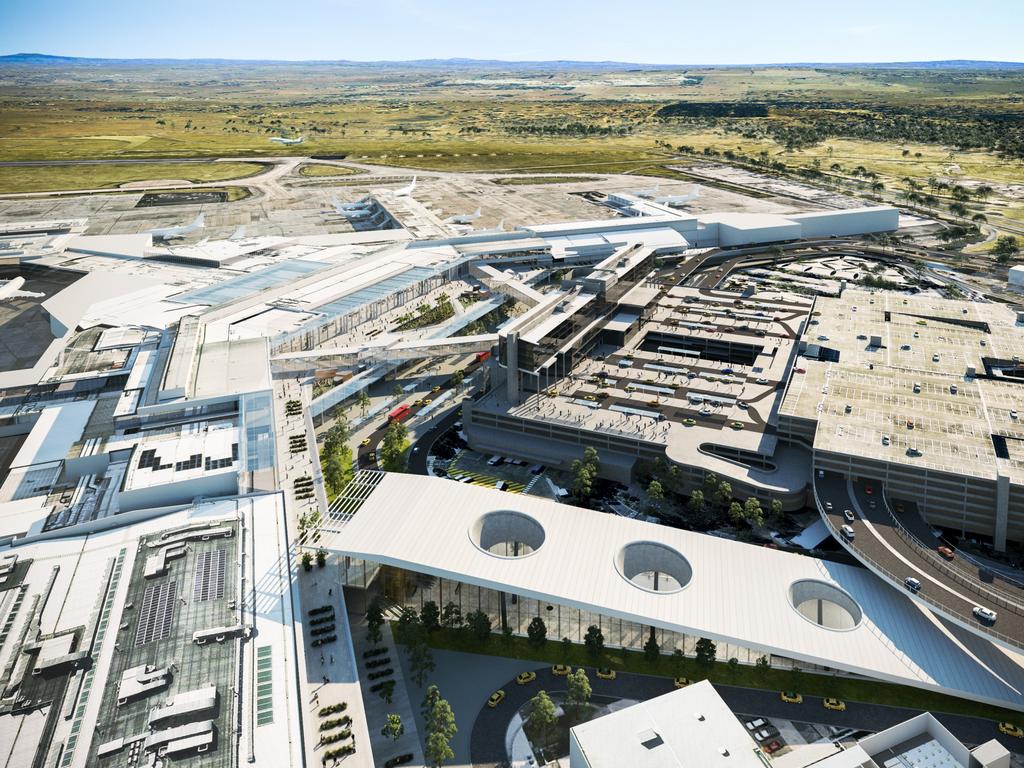
Mr Pallas said the redirection of funding away from the long-awaited airport rail link was a “sensible decision” given the standoff between the State and the Airport over the location of a station at Tullamarine, which has resulted in a federal mediator being appointed.
This is despite more than $1bn already spent on early works, including shifting utilities and preparing for major construction.
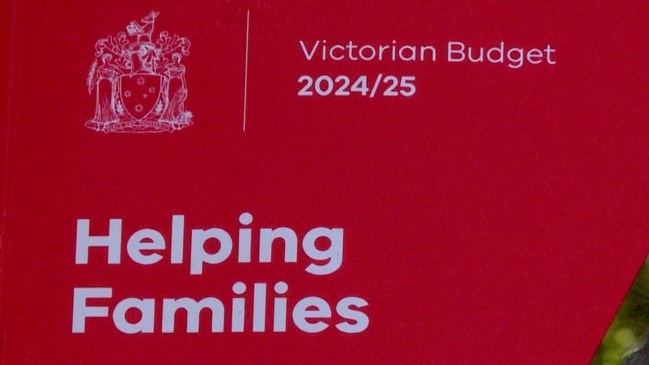
The Treasurer said the airport was locked into building a below ground station but emphatically ruled out the state agreeing to that option, preferring a cheaper and quicker elevated station.
“Were the airport operator to see reason and maybe become a good corporate citizen at some point instead of a really good car park operator, then perhaps we might be able to bring those things forward,” he said.
The announcement of a four-year delay – which matches the forward estimates of the Budget – comes despite the project only being halted last year by former premier Daniel Andrews.
The lengthy delay comes amid a broader shift in Victoria that will see the government tap the brakes on capital spending to a more sustainable long-term infrastructure pipeline.
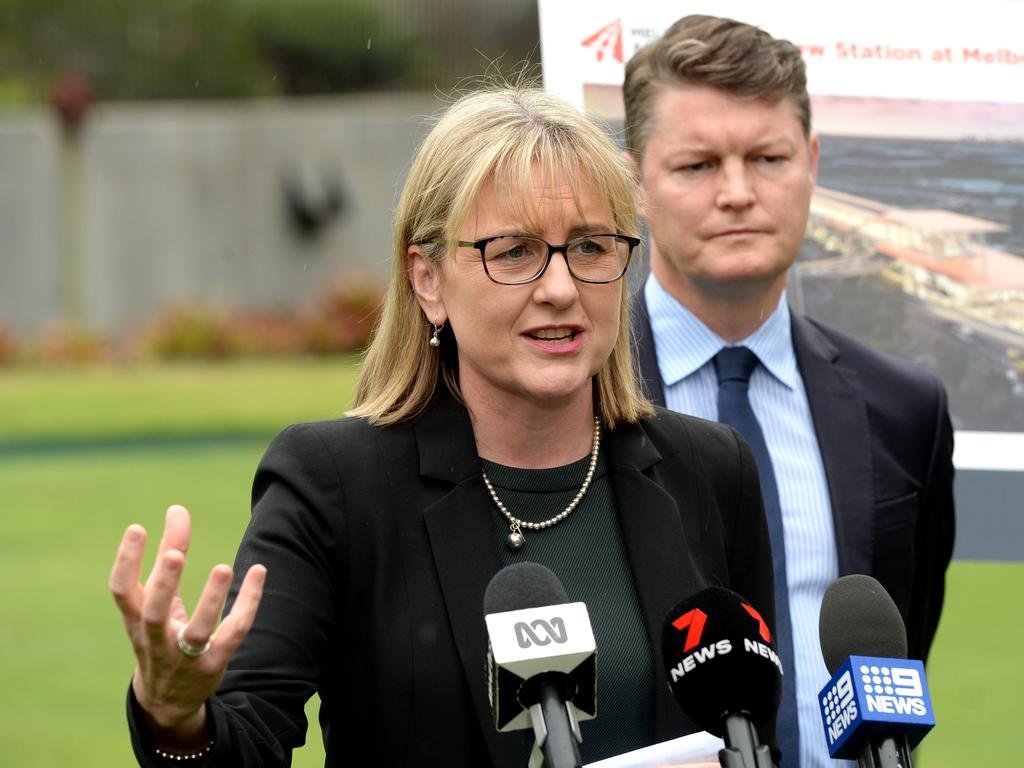
“That doesn’t mean going from feast to famine,” he said.
“In this Budget we will progressively return the capital program to pre-Covid levels, to better align with the ability of our economy to deliver,” he said.
“A sustainable, ongoing pipeline will provide certainty to the construction industry, and help them to build critical social and economic infrastructure for all Victorians.”
This would see average spending on roads, rail, schools and hospitals to reduce from its peak of $24bn this financial year, to $15.6bn a year over the following four years.
The Budget shows a total of $208bn in new and existing projects underway, but Mr Pallas said a shortage of workers and material price hikes had forced a change to the previous approach.
This has also seen about a quarter of projects delayed since last year’s Budget.
Spending across the transport sector has tightened significantly, with a focus on delivering health and education capital projects.


